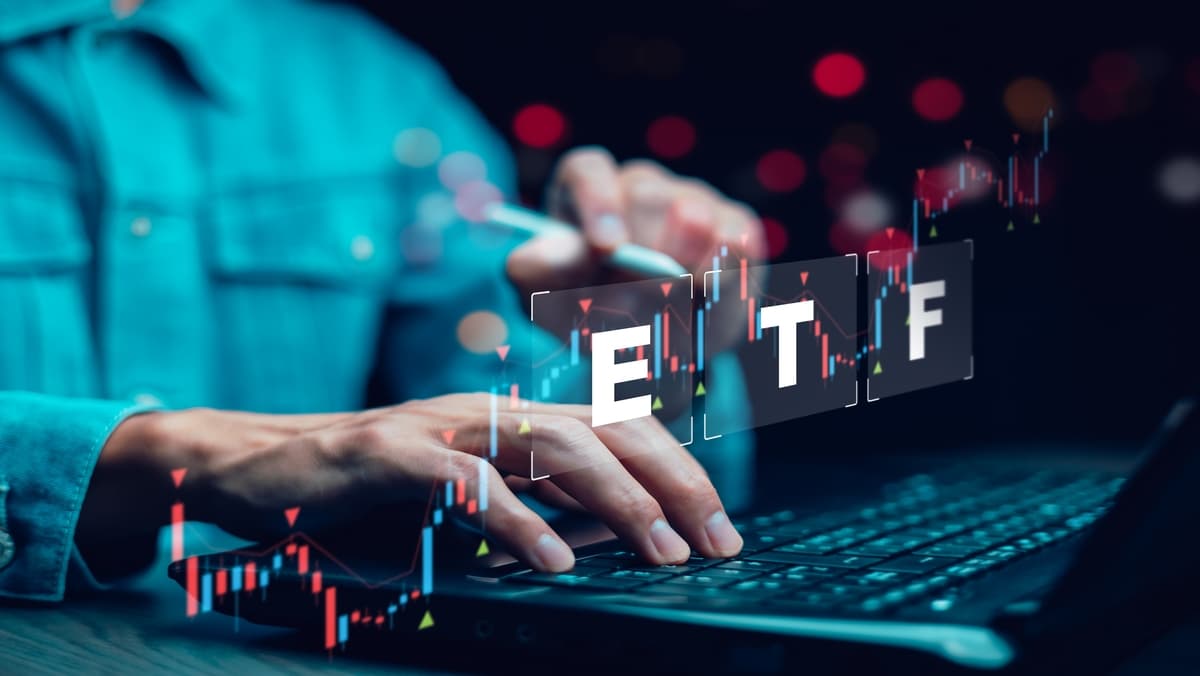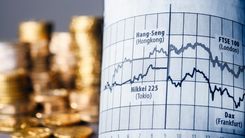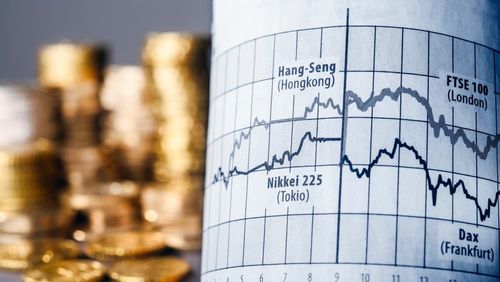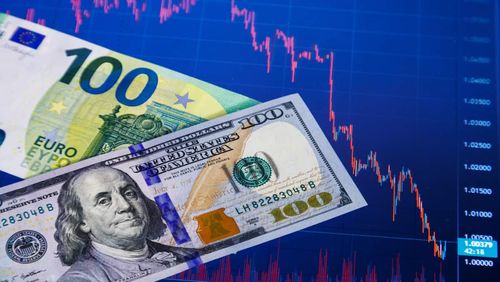India active etfs have shown positie year-to-date performance, but recent results have been disappointing. In the past month, India ETFs have declined between 2.9% and 8.8%. Analysts are increasingly split on the outlook for India’s stock market after an 11-month rally. While some remain optimistic, others express caution due to indications of slowing economic growth.
Goldman Sachs Lowers Outlook Due to Slowing Growth
Goldman Sachs Group Inc. has revised its view on Indian equities, downgrading them from overweight to neutral amid concerns over slowing economic growth. Strategists, including Sunil Koul, note a decline in economic momentum across several sectors.
Factors such as declining earnings sentiment, high valuations, and an unfavorable economic environment are expected to hinder near-term stock gains. The International Monetary Fund (IMF) predicts India’s GDP growth will decrease from 8.2% in 2023 to 7% in 2024 and 6.5% in 2025, as post-pandemic demand wanes, according to Business Standard.
Rating agency Crisil expects India Inc's revenue growth for the July-September quarter to slow to 5-7%, the lowest in four years, with the agriculture sector hit hardest.
Other Recent Downgrades
Goldman’s cautious stance aligns with other recent downgrades from firms like Bernstein and Societe Generale, which have also lowered their outlooks for Indian equities due to weak profit expectations. Goldman has adjusted its 12-month target for the NSE Nifty 50 Index from 27,500 to 27,000, indicating a potential 10% upside from current levels.
Despite these concerns, strategists believe a major market correction is unlikely due to strong domestic inflows, although they anticipate a pullback within three to six months.
UBS Sees Opportunity Amid Short-Term Slowdown
In contrast, UBS Global Wealth Management takes a more optimistic approach, encouraging investors to "buy the dip." They believe the current slowdown in growth and corporate earnings is temporary, asserting that India’s structural case remains strong. Tan Min Lan, head of UBS’s Asia Pacific chief investment office, pointed out that India is still the fastest-growing economy among G-20 nations, with room for increased institutional investment.
Divergence Reflects Uncertainty Over Earnings and Valuations
Overall, uncertainty persists regarding the sustainability of corporate earnings in India. Weak consumer spending and high valuations are raising concerns, leading some investors to predict a slower growth trajectory for the stock market. Meanwhile, China’s recent economic stimulus could attract global funds away from Indian equities.
Conversely, Christopher Wood of Jefferies Financial Group maintains a bullish outlook on India, calling it the most attractive stock market for the next decade due to strong earnings projections.
Time for Low P/E India ETFs?
Valuation concerns are evident for Indian stocks and ETFs. Investors should consider undervalued ETFs with lower price-to-earnings (P/E) ratios. For instance, the VanEck India Growth Leaders ETF (GLIN) has a P/E of 12.33, WisdomTree India Earnings Fund (EPI) at 12.38, and First Trust India NIFTY 50 Equal Weight ETF (NFTY) at 17.01.
Over the past month, GLIN has fallen 3%, EPI is down 3.5%, and NFTY has lost 4.7%. These ETFs may be worth considering on the dip, especially compared to the Columbia India Consumer ETF (INCO), which has the highest P/E at 35.18 and has plunged 7.3% recently.
When considering shares, indices, forex (foreign exchange) and commodities for trading and price predictions, remember that trading CFDs involves a significant degree of risk and could result in capital loss.
Past performance is not indicative of any future results. This information is provided for informative purposes only and should not be construed to be investment advice.











